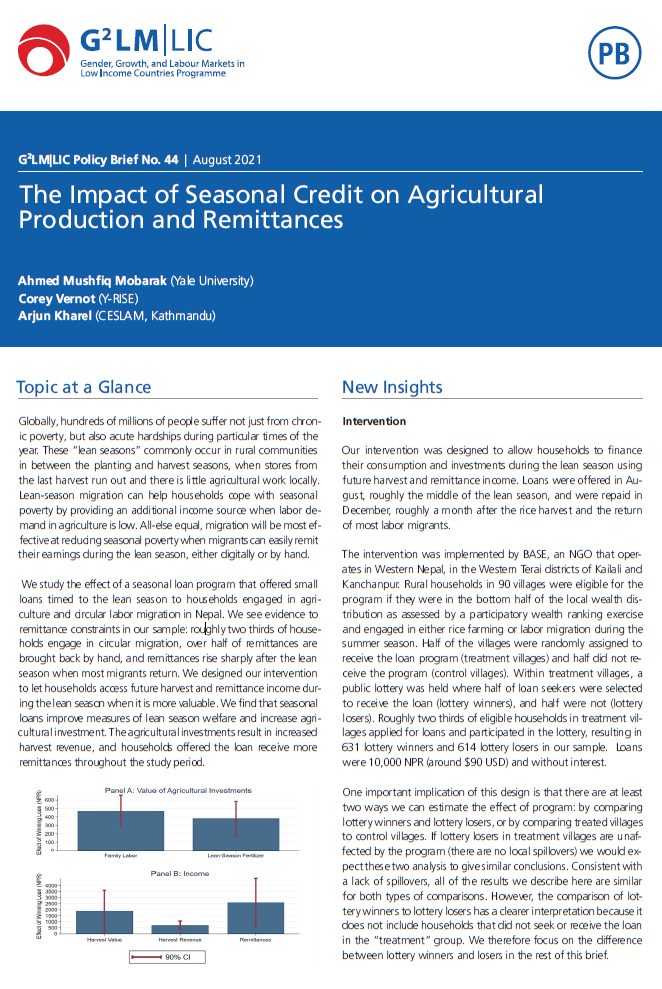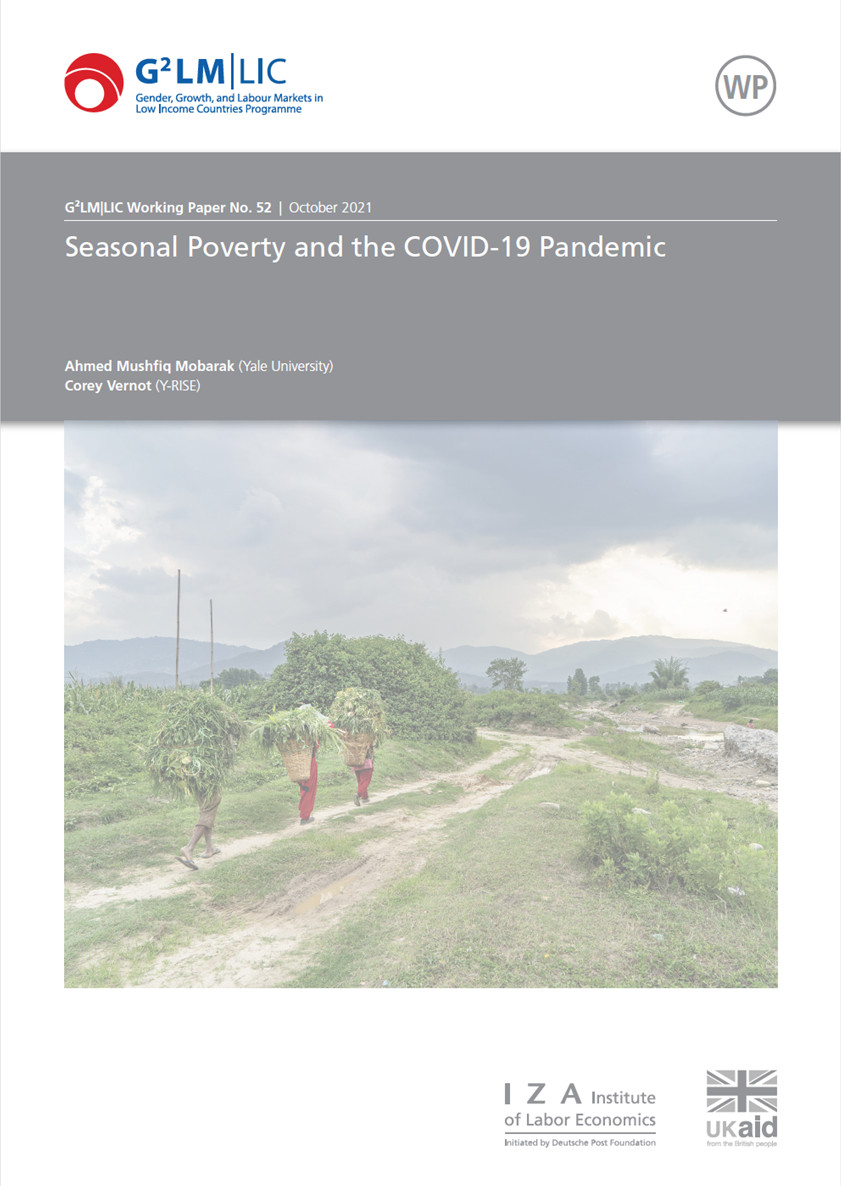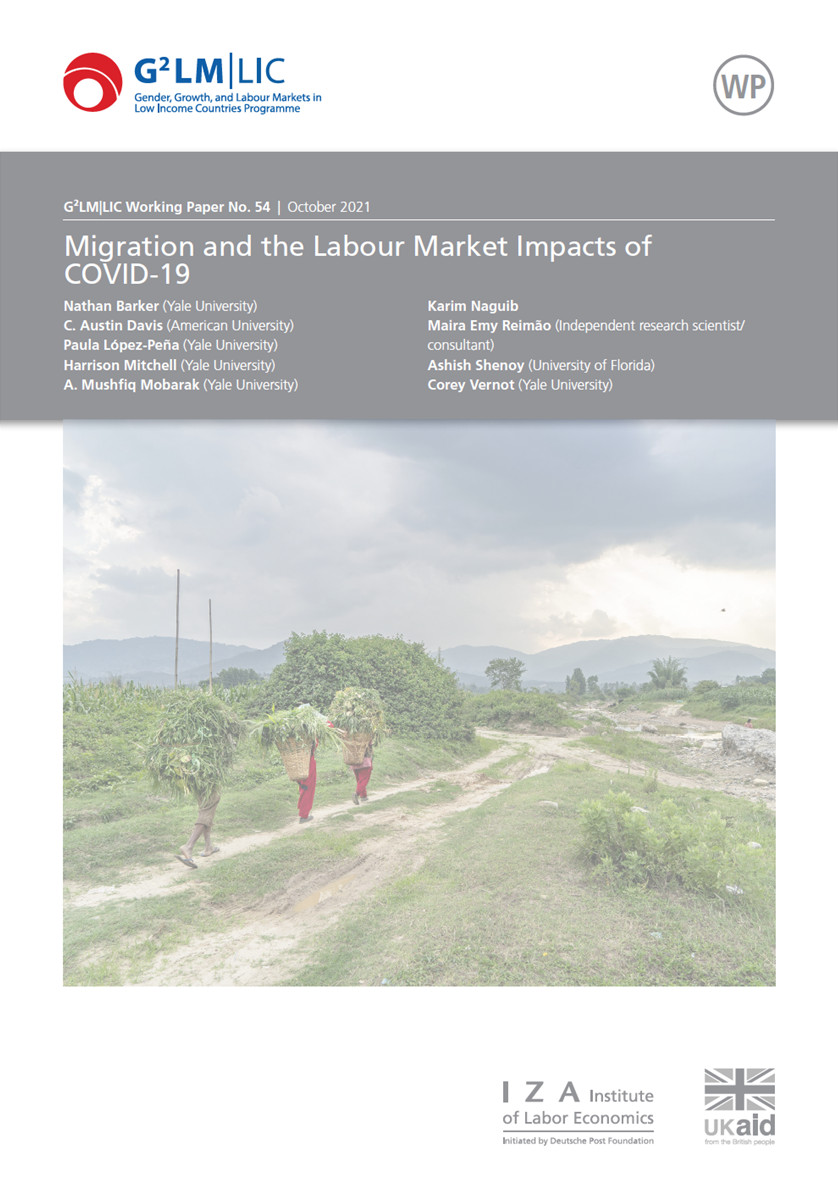Related Projects
Related Publications
Published Articles
-
European Economic Review
Migration and resilience during a global crisis -
Nature Medicine 27, 1358-1394
COVID-19 vaccine acceptance and hesitancy in low- and middle-income countries -
Science Advances, vol. 7, no. 6
Falling living standards during the COVID-19 crisis: Quantitative evidence from nine developing countries



